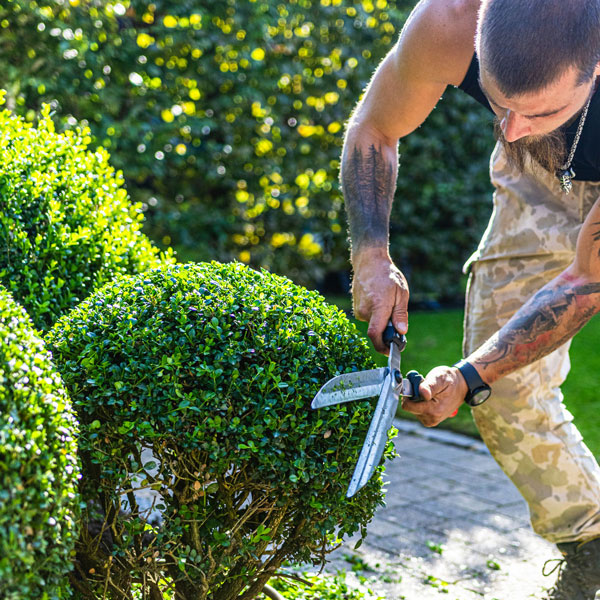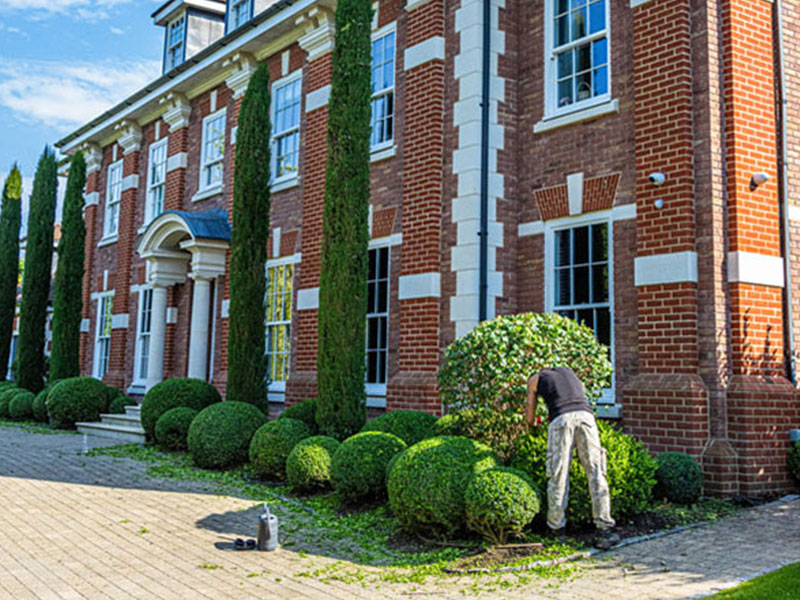Professional Topiary Services in Surrey
Topiary is the art of shaping hedges and shrubs into elegant, eye-catching forms. At CS Gardens Surrey, our skilled team provides specialist topiary services across Surrey, bringing creativity and precision to your garden.
Whether you want formal designs, classic shapes, or unique ornamental features, we carefully prune and shape plants such as boxwood, holly, and yew to enhance your outdoor space.
Why Choose Our Topiary Services?
- Specialist knowledge of ornamental hedge species.
- Precision shaping for long-lasting results.
- Traditional and modern topiary designs.
- Suitable for residential gardens, estates, and commercial properties.
Enhance your garden with beautifully maintained topiary — contact us today for a free consultation.

The art of topiary
At CS Gardens Surrey, we specialise in the traditional art of topiary, transforming ordinary hedges and shrubs into striking features that enhance any garden. Whether you prefer timeless shapes such as spheres, cones, and spirals, or more creative designs, our team combines horticultural knowledge with precision cutting to deliver beautiful results. Topiary is more than just trimming — it’s garden craftsmanship.
We work with a variety of plants ideally suited to topiary, including boxwood, yew, holly, and laurel, ensuring that each species is pruned and maintained in the way that best supports its health and structure. Using professional-grade tools and safe working practices, we achieve crisp, clean lines and elegant finishes that last throughout the growing season.
Regular maintenance is key to keeping topiary looking its best. Our gardeners provide scheduled care to ensure your designs remain sharp, balanced, and dense. We can also rejuvenate older or neglected topiary, carefully reshaping plants to restore their original form or create a fresh new design that suits your outdoor space.
To support plant health, we incorporate treatments such as targeted feeding, pest management, and the responsible use of fungicides or pesticides where appropriate. This ensures your topiary not only looks stunning but also thrives year after year. If you’re looking to add character and elegance to your garden, our bespoke topiary services provide the perfect solution.
Topiary help
Which plants are best for topiary?
Boxwood, yew, and holly are classic choices for topiary because they respond well to regular pruning and can be shaped into intricate forms.
How often should topiary be trimmed?
Topiary should be lightly pruned every 6–8 weeks during the growing season to maintain its shape and encourage dense growth.
Do you offer custom topiary designs?
Yes – we can create traditional shapes like spheres, cones, and spirals, or work with you to design bespoke topiary features.
Fun Fact:
"Did you know that the art of topiary dates back to ancient Rome, where gardens often featured sculpted plants and hedges?"



Elegant Garden Designs
Topiary adds sophistication to any garden. From simple shapes to intricate designs, our team creates elegant, lasting features that enhance outdoor spaces.
Skilled Shaping & Maintenance
Maintaining topiary requires precision and expertise. We carry out careful, regular pruning to ensure your hedges and shrubs retain their desired form.
Bespoke Topiary Creations
Looking for something unique? We offer tailored topiary designs to match your garden style, whether traditional, formal, or contemporary.
Get in touch
For expert topiary services tailored to your needs, reach out and let us transform your outdoor space into a stunning masterpiece.
Q: Can any plant be used for topiary?
A: While various plants can be shaped, popular options include boxwood, yew, and holly due to their adaptability and response to pruning.
Q: What tools are essential for hedge cutting and topiary shaping?
A: Quality hedge shears, pruning scissors, and topiary clippers are commonly used for precise cutting and shaping.
Q: Are there specific seasons to avoid hedge cutting or topiary shaping?
A: It's generally advised to avoid extreme weather conditions like extreme heat or frost, as they can stress the plants.
Q: Can I shape my hedges into intricate designs or should I seek professional help?
A: Basic shapes can often be managed by homeowners, but complex designs may require the expertise of a professional for precise execution.
Q: Are there natural alternatives to chemical treatments for pest control in topiary?
A: Yes, some organic methods like neem oil, insecticidal soaps, or introducing beneficial insects can help control pests in a more environmentally friendly manner.
